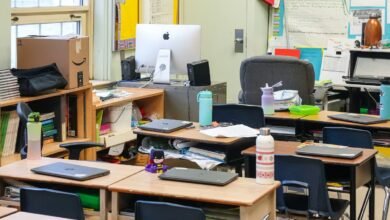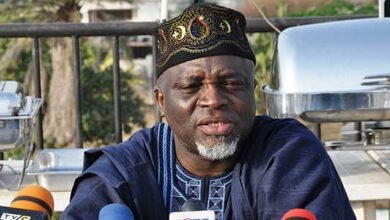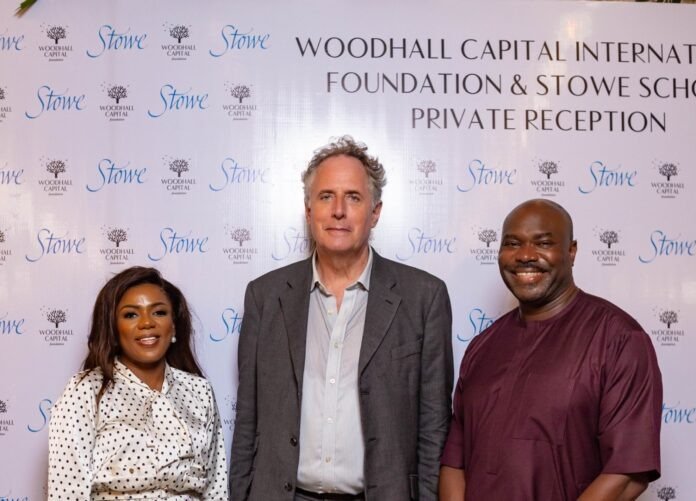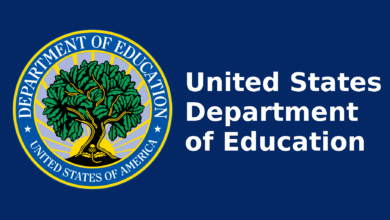Politicians Step up Attacks on the Teaching of Scientific Theories in US Schools

Source:https://ohiocapitaljournal.com/
Scientific theory, particularly evolution, has faced significant challenges in American public schools. Nearly 100 years ago, science teacher John Scopes was convicted in 1925 for teaching evolution in Tennessee, though his conviction was later overturned. Laws banning evolution continued for 40 years, until they were declared unconstitutional by the U.S. Supreme Court in 1968.
Key Highlight:
In recent decades, some conservative and religious groups have shifted tactics, advocating that if evolution is taught, alternative views like “intelligent design” should also be included in science curricula. Legislatures nationwide are proposing or enacting laws that claim to promote scientific discussion but may actually equate established scientific theories with ideas lacking scientific validation.
Similar bills to the one passed in Tennessee have been introduced in other states, such as North Dakota in 2019 and Oklahoma in 2023. If the Oklahoma bill becomes law, it will encourage teachers to explore and analyze the “scientific strengths and weaknesses” of theories. In West Virginia, a new law allows teachers to discuss and answer student questions about scientific theories. State Sen. Amy Grady, who authored the West Virginia bill, stated that the law aims to promote critical thinking and ensure that teachers can address student inquiries.
Legislation affecting the teaching of scientific theories is often seen as an attempt to influence public school curricula. Such laws are likely to face legal challenges, as seen in the Kitzmiller v. Dover case over 20 years ago, where intelligent design was ruled as not science due to its lack of empirical evidence and testability, thus violating the First Amendment’s prohibition on state-supported religion. As an educator and scholar of science, I believe that understanding and teaching accepted scientific theories is crucial. These theories, such as evolution, are the best explanations we have, supported by extensive evidence from various scientific fields.
Scientific theories are subject to revision and change but are generally durable and foundational to scientific understanding. Throughout history, advancements like the microscope have transformed scientific perspectives. Theories, such as general relativity, provide explanations and predictions about natural phenomena and guide research. Astrophysicist Neil deGrasse Tyson notes that a successful theory explains unknowns and predicts testable outcomes. Current legislation affecting how scientific theories are taught in schools is troubling because it often treats established theories as mere conjecture, undermining their validated scientific basis.
A 2023 Montana bill restricts science instruction to “scientific facts,” undermining the role of established scientific theories like atomic theory, which are fundamental to understanding the physical sciences. Some legislation, such as Oklahoma’s Senate Bill 140, aims to highlight the “theory” aspect of evolution by allowing alternate views, potentially introducing nonscientific ideas.
West Virginia’s new law further allows discussions of alternatives to scientific theories, potentially leading to the inclusion of pseudoscientific beliefs in classrooms. Amanda Townley of the National Center for Science Education criticized such laws for enabling the introduction of false beliefs, like flat Earth theory or crystal healing, into public education.
Contrary to some legislators who propose teaching any theory in science classes, experts like Fouad Abd-El-Khalick emphasize the importance of teaching students about the characteristics of established scientific theories in a developmentally appropriate manner. U.S. science standards dictate that by 12th grade, students should understand that a scientific theory is a well-supported explanation of natural phenomena, based on extensive evidence and repeated confirmation through observation and experiment.
Students should be encouraged to think critically and question the evidence and testing of theories, but only those recognized as scientific theories should be included in the curriculum. Education scholars argue that K-12 education must foster a functional level of scientific literacy, enabling students to understand and make informed decisions about scientific issues in everyday life, from vaccines to cooking, by understanding and trusting established scientific knowledge, including facts, laws, and theories.
Image Source:https://ohiocapitaljournal.com/





